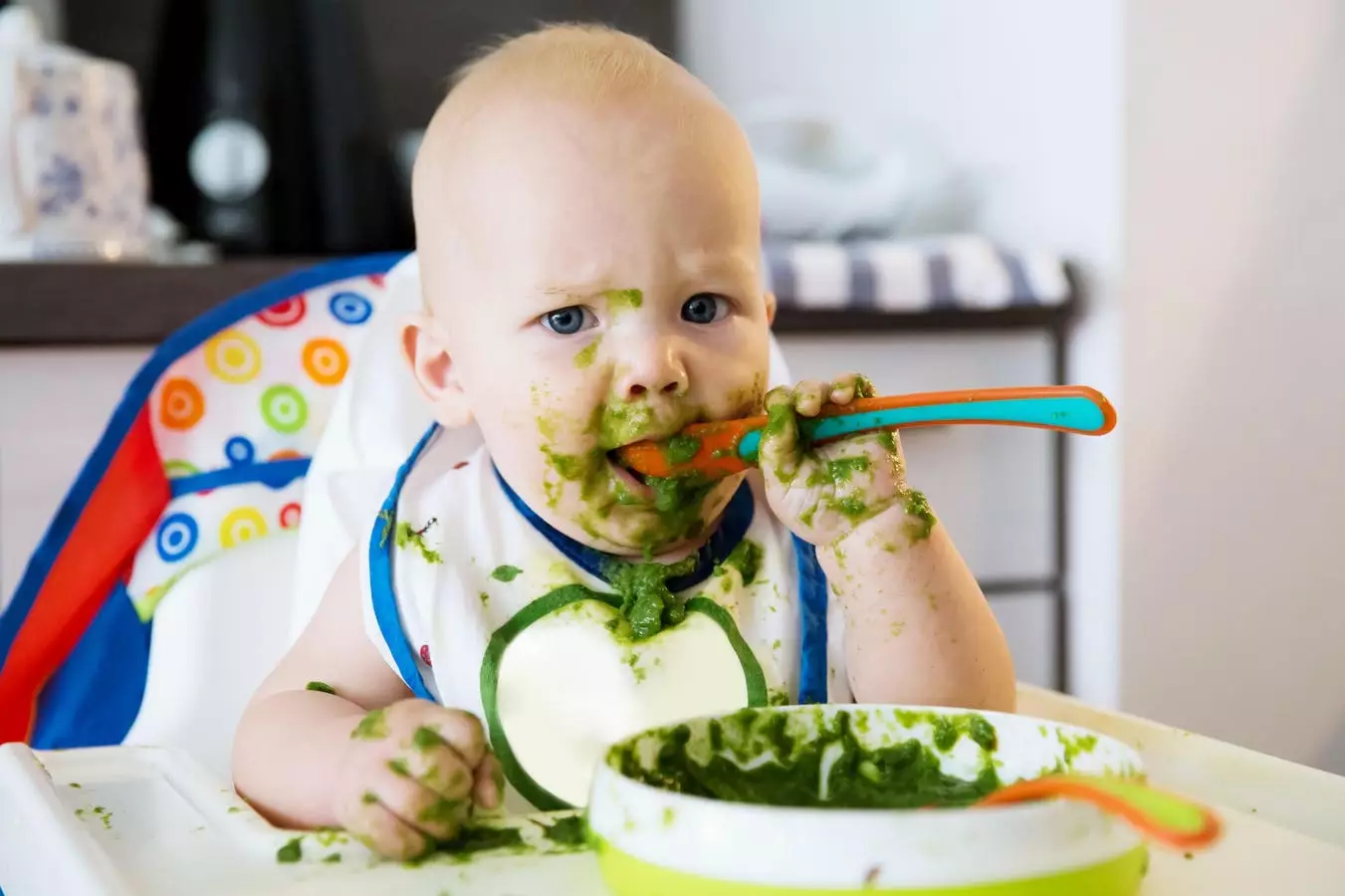As the world shifts direction towards an increasingly complex intersection of technology, sustainability, and global interaction, a new generation steps into the spotlight: Generation Beta. Starting with children born in 2025, this cohort will live in a landscape vastly different from that of their predecessors. Their engagement with food will reflect the values, technology, and societal shifts that have crystallized over the past few decades. But what does this culinary future look like?
The launching pad for Generation Beta is built upon the experiences and principles championed by their Millennial and Gen Z parents. These millennials and Gen Z-ers have prioritized sustainability, wellness, and inclusivity, embedding these ideals into their parenting. This foundational shift is significant; it doesn’t just promise a new generation of food preferences but a wholesome approach to nutrition and food culture that aligns with contemporary values.
Generation Beta’s food culture is designing itself to replace previous norms with sustainability at its core. Millennials and Gen Z have actively encouraged plant-based eating, minimal waste, and home-cooked meals—habits likely to persist in the kitchens of their children. Food will undergo a transformation where environmental awareness becomes standard, nurturing a generation that can anticipate food’s role in combating climate change rather than simply indulging in consumption.
Furthermore, as climate change accelerates, the principles of adaptability will likely be integral to how Generation Beta perceives food. This generation will be equipped not just with cooking skills but with tools to thrive under unpredictable circumstances. They might view their plates as canvases for innovation, adaptability, and concentrated problem-solving—where nurturing the planet and personal health goes hand in hand.
Generation Beta will grow up surrounded by technological marvels that were unfathomable just a few decades earlier. With artificial intelligence permeating every aspect of life, the way food is prepared, consumed, and shared will evolve dramatically. Envision the potential of AI-designed meal plans tailored to individual nutritional needs, robot chefs executing intricate recipes, or vertical farms yielding fresh produce within city landscapes. Food preparation will transform from a tedious chore into an engaging, interactive activity.
Moreover, as digital natives, this generation will exploit platforms like TikTok to curate their culinary identities, finding inspiration in the immediacy of social media. Unlike previous generations, who relied on cookbooks or television cooking shows, Generation Beta’s exposure to food culture will be swift and highly visual, showcasing international dishes like never before. Cooking will likely incorporate elements of entertainment and education, blending the two seamlessly.
A Global Palate: The Dismantling of Culinary Borders
The culinary landscape for Generation Beta doesn’t just promise technology; it also embodies a rich tapestry of global flavors and influences. In a world where food trends can go viral overnight, this upcoming generation will have unprecedented access to international cuisines and cooking techniques. The enormous cultural exchange facilitated by social media means that rather than being confined by geographical boundaries, food will become a communal language—an opportunity to connect and share experiences.
As Generation Beta delves into diverse cuisines, they may begin to perceive food as a shared human experience rather than a geographical mark of identity. Boundaries that once defined culinary traditions could blur, leading to a deeper appreciation for the stories behind dishes. Through this lens, food culture will morph into a narrative of connection and exploration—an opportunity to celebrate diversity rather than segregate by nationality.
The food culture of Generation Beta is still in its infancy, driven by the socio-cultural and historical imperatives of their time. As these children grow, their culinary landscape will undoubtedly evolve, mirroring their values and the world around them. However, the hallmark of this generation lies in their ability to innovate upon the frameworks laid down by their parents’ generation.
Today’s emphasis on sustainability, nutritional awareness, and global interconnectedness will serve as key influences shaping their food identities. As we cultivate these values in the present, they will ripple through to the future, embedding themselves in the collective food culture of Generation Beta.
Ultimately, the culinary future of the upcoming generation is not only a reflection of external advancements and societal shifts but also an ongoing dialogue filled with potential for creativity and responsibility. The journey begins now, and the shapes it takes will undoubtedly influence how we think about food for years to come.


Leave a Reply